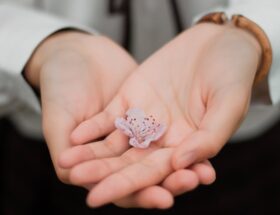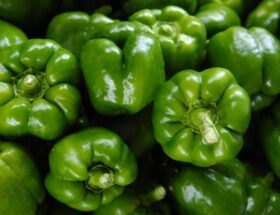Hola queridos amigos! Welcome back to GertieBlu, where we embrace the vibrant, soulful, and often joyous elements of our shared human experience. Today, we’re exploring a musical tradition that is as lively as it is heartfelt, and as rich in history as it is in emotion: Mariachi music.
The Origins of Mariachi
Mariachi music originated in the rural areas of Western Mexico, particularly in the states of Jalisco, Nayarit, and Michoacán, during the 18th century. It began as a humble folk tradition, deeply rooted in the daily lives of the campesinos (farm workers) and the celebrations that brought communities together. Over the centuries, Mariachi evolved from its simple beginnings into the full, orchestral sound that we recognize today, with violins, trumpets, guitars, vihuelas, and the deep-toned guitarrón.
The Spirit of Mariachi: Joy, Passion, and Community
At its core, Mariachi music is a celebration of life. It embodies the joys and sorrows, the love and loss, the highs and lows that make up the human experience. Whether you’re listening to a lively son jalisciense, a romantic bolero, or a heartfelt ranchera, there’s a palpable emotion that connects you to the music.
One of the most remarkable aspects of Mariachi is its ability to bring people together. It’s not just music for listening—it’s music for living. At weddings, birthdays, and community festivals, Mariachi bands play songs that everyone knows, encouraging dancing, singing, and even a few tears. These gatherings aren’t just about the music; they’re about shared memories and collective joy.

Songs That Speak to the Soul
Mariachi songs often tell stories—stories of love and longing, of home and heritage. Take, for instance, the classic “El Rey,” a song about a man who, despite his flaws and losses, remains proud and unbroken. It’s a testament to resilience and the human spirit.
Or consider “Cielito Lindo,” with its iconic chorus of “Ay, ay, ay, ay!” It’s a song that immediately lifts spirits and gets everyone singing along, reminding us of the simple beauty of life, symbolized by the clear blue sky (cielito lindo).
These songs, whether joyful or bittersweet, resonate with listeners because they speak to universal emotions. The power of Mariachi lies in its ability to convey these feelings with authenticity and warmth.
Mariachis Today: A Living Tradition
Today, Mariachi is more popular than ever, not just in Mexico but around the world. It’s performed in concert halls, at family celebrations, and even at political events. Mariachi has transcended its origins to become a global symbol of Mexican culture, representing the pride, passion, and joy of its people.
What’s more, Mariachi music continues to evolve. Contemporary Mariachi bands incorporate new instruments and musical influences, blending tradition with innovation. This ability to adapt while staying true to its roots is a testament to the enduring power of Mariachi.
The Joy of Mariachi: A Personal Experience
There’s nothing quite like the experience of hearing a Mariachi band live. The energy is contagious, the music envelops you, and suddenly, you’re part of something bigger than yourself. It’s impossible not to feel uplifted by the sounds of trumpets, violins, and harmonious voices all working in unison to create something beautiful.
For me, the joy of Mariachi is in its ability to make any moment special. Whether it’s a grand celebration or an intimate gathering, Mariachi brings a sense of festivity, tradition, and joy that is unmatched. It’s a reminder of the power of music to connect us, to lift our spirits, and to make us feel alive.

Final Thoughts: Celebrate Life with Mariachi
At GertieBlu, we celebrate the things that bring us joy, and Mariachi music is a perfect example of this. It’s a living tradition that continues to inspire, uplift, and bring people together. So, the next time you hear the sounds of Mariachi, take a moment to listen, to sing along, and to feel the joy that this music brings.
Because in the end, Mariachi isn’t just music—it’s a celebration of life itself.
Con alegría y música, GertieBlu








